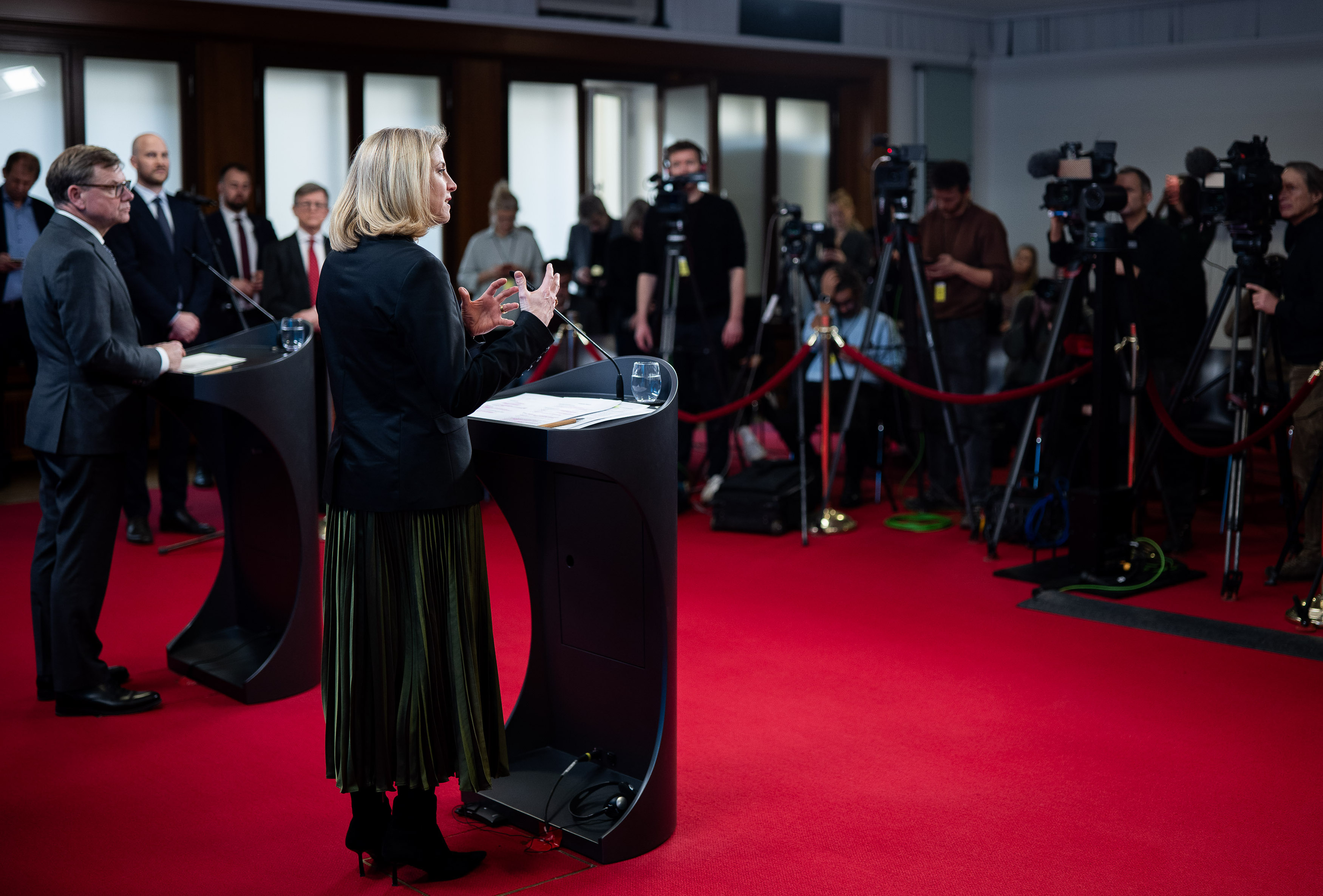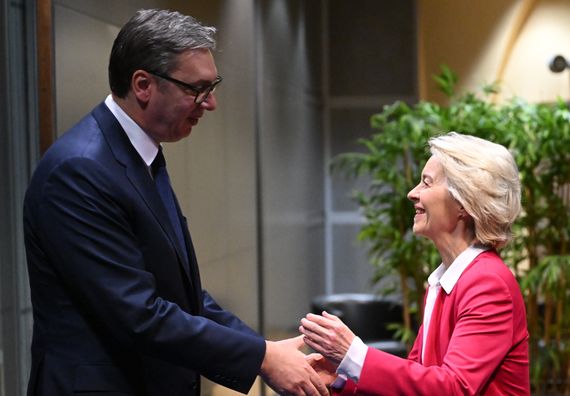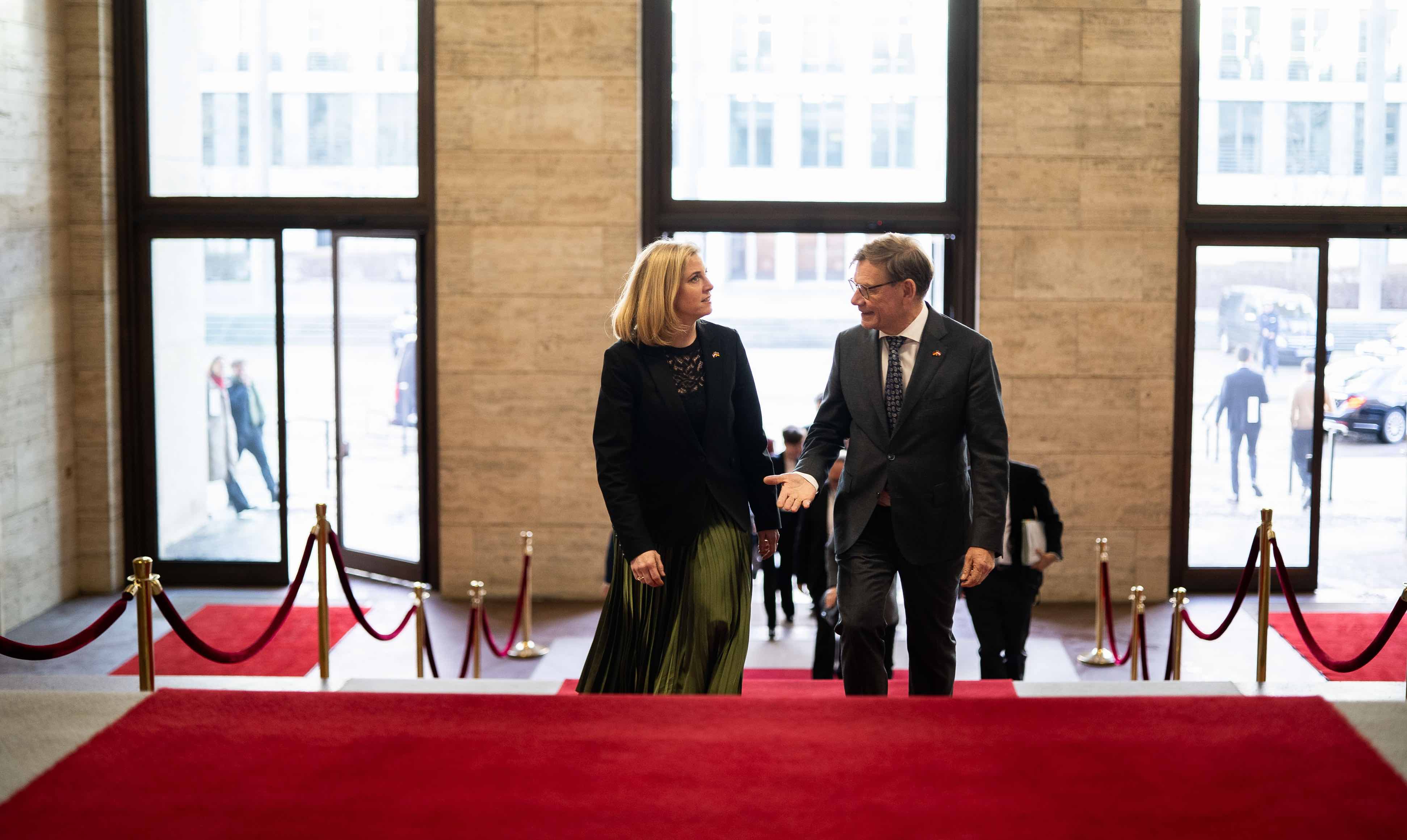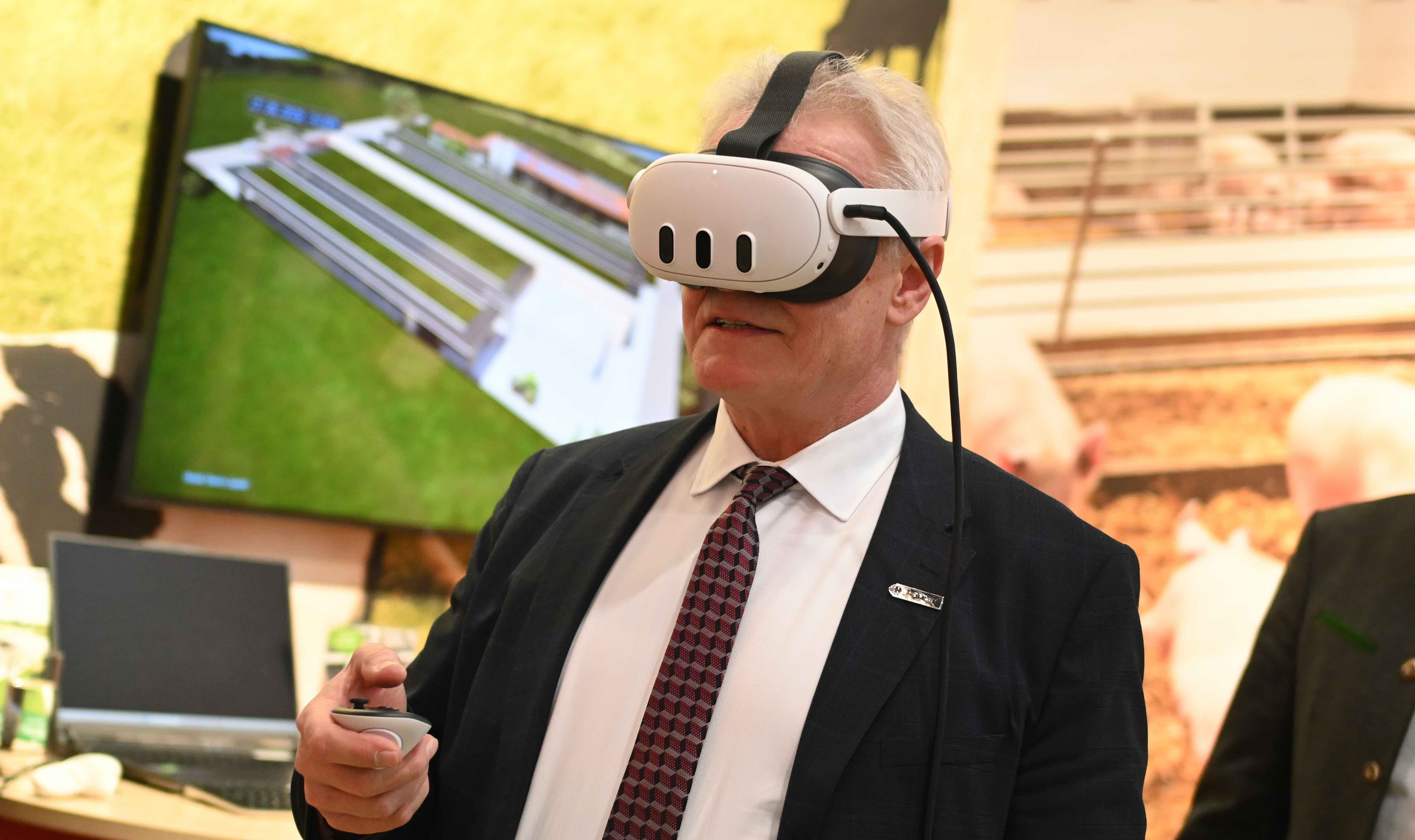diplo.news
Foreign Minister Jaishankar: Delhi and Berlin should assert their influence more strongly in the world

Indian Foreign Minister S. (Subrahmanyam) Jaishankar believes that the potential of German-Indian relations, both economically and politically, is far from being exhausted. Especially against the backdrop of greater instability in the world, a chip war, the challenges posed by artificial intelligence, climate change and a sometimes repressed problem of fighting poverty, the two countries should work more closely together, he said at an event organized by the German Society for Foreign Policy in Berlin. “We need more stability and predictability in the world.” Even though the two countries are different, they should find a “common basis of thinking” in achieving certain goals and exert their respective influence in the world. The Indo-German Strategic Partnership is celebrating its 25th anniversary this year. So far, it has focused, among other things, on the joint fight against climate change and efforts to reform the United Nations.
Jaishankar, who met Federal Chancellor Friedrich Merz and Foreign Minister Johann Wadephul during a visit to Germany last week, sees particular prospects for cooperation in the defense sector, digitization, renewable energy and the exchange of workers. There are also new business opportunities in the infrastructure sector, in which India has been investing a lot for some time. On average, twelve kilometers of railways and up to 30 kilometers of roads, and six to seven new airports are built every day.
Jaishankar also campaigned for a free trade agreement with the European Union, which not only had economic significance but was also a message to deepen relations. He emphasised the recent visit of EU Commission President Ursula von der Leyen (CDU), who made her first foreign visit to India - and not to China - at the head of a large delegation from the new Commission. However, the EU and India have been negotiating an agreement since 2007, which was even suspended for years in the meantime. The EU accuses India of high import duties, while India accuses the Europeans of unrealistic standards. Agricultural policy is also a bone of contention. The lack of a free trade agreement makes it difficult for German companies to significantly expand their business activities in India.

When asked about the recent conflict with Pakistan over the Kashmir region, Jaishankar defended his country's response and even objected to the term “conflict,” because it placed victims and perpetrators on the same level. There was a terrorist attack in Kashmir aimed at destroying the tourism industry. On 22 April, at least 26 - mainly Indian - tourists died in an attack in the disputed province of Kashmir between Pakistan and India. The two nuclear states then engaged in fierce military clashes. India had a right to self-defence and had targeted terrorist centres. Pakistan, however, accuses its neighbour of firing on civilians.
Diplomacy, stressed Jaishankar, has also changed today in the face of growing conflicts. The pace has increased, and the influence of social media and technologies is growing. “You have to work faster and smarter,” he said. “The job has really gotten harder.” The 70-year-old is a member of the ruling Hindu nationalist Bharatiya Janata Party and has been India's chief diplomat since 2019. gd




